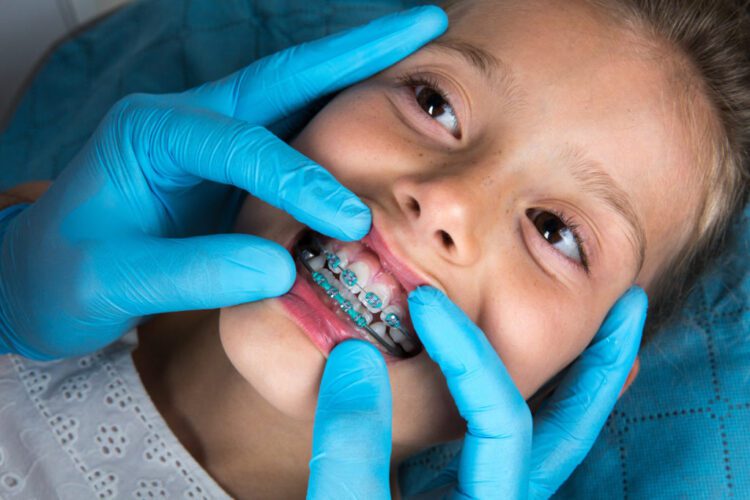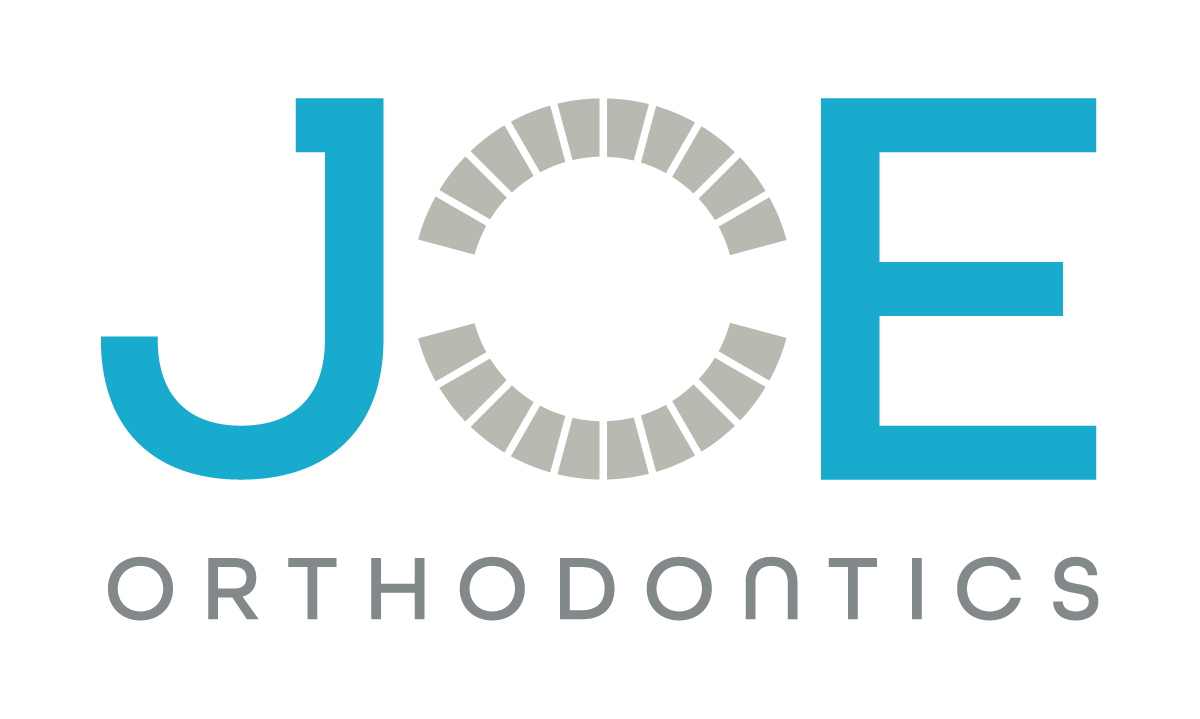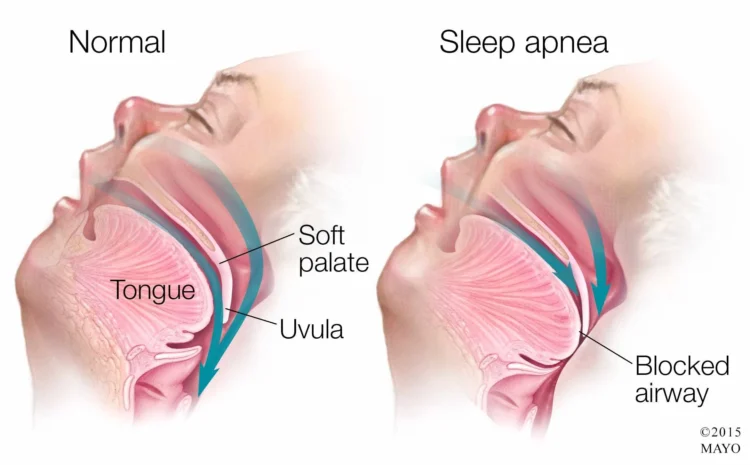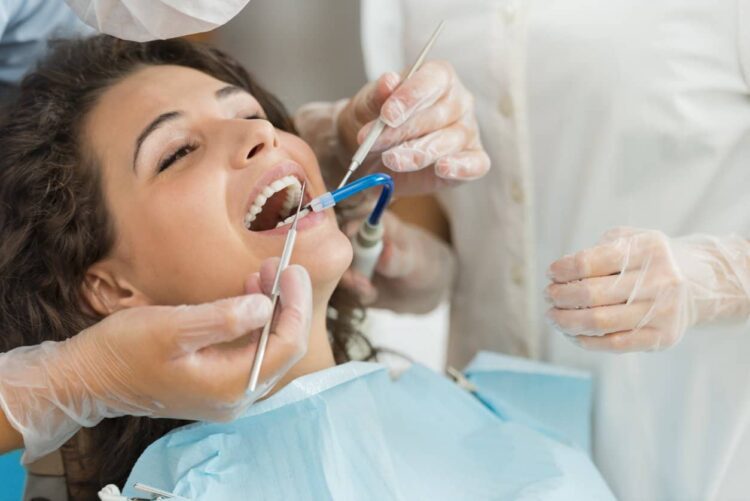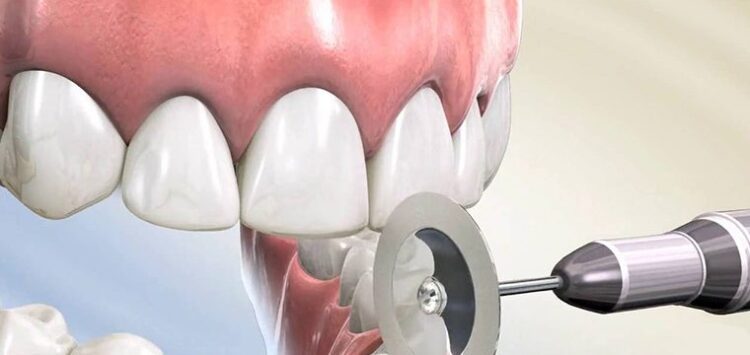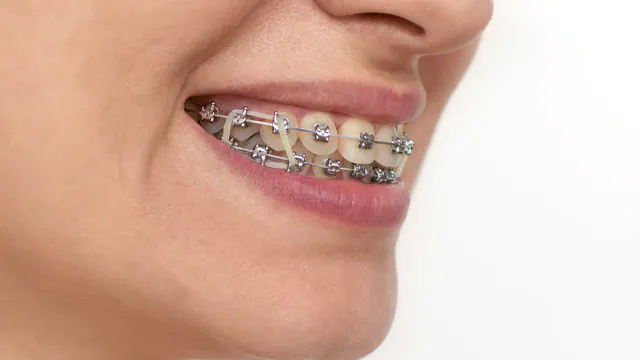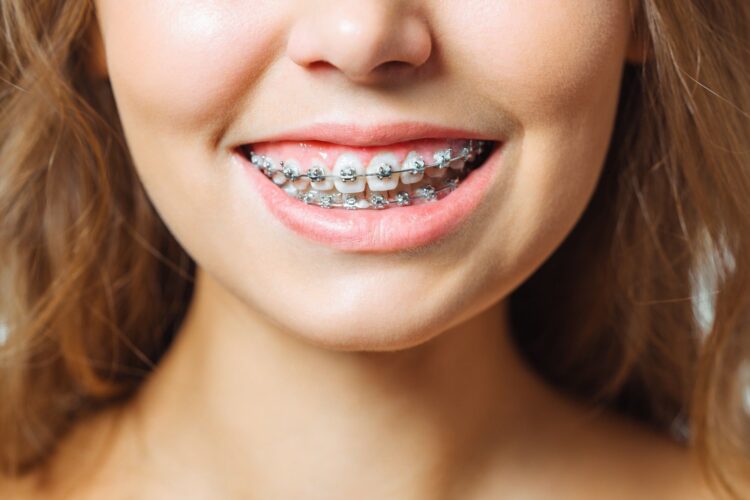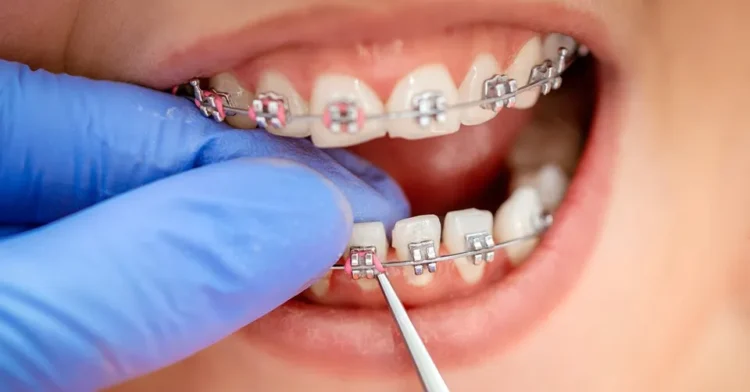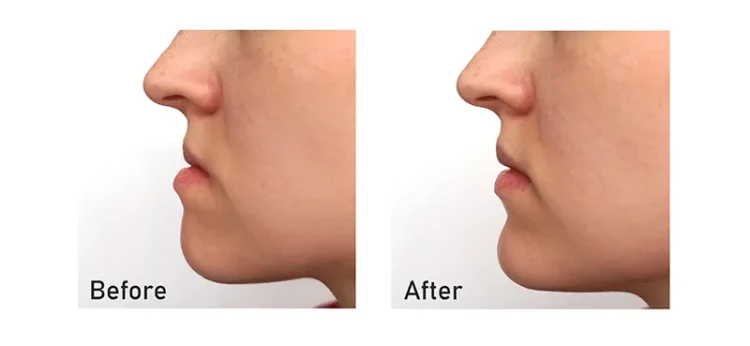For the majority of children and young adolescents, waiting until all their baby teeth fall out before starting orthodontic treatment is not a problem and oftentimes is recommended. But in a few situations early treatment, also referred to as phase 1 treatment, is indicated. In this article we will discuss what those cases are.
read more
The answer is no. No one is too old for the benefits of braces and if braces aren’t your thing there are other treatment options available to you like Invisalign and InBrace
read more
The short answer is no. Legally your orthodontist cannot diagnose sleep apnea. Only a medical doctor, that is someone with an MD or DO degree, can legally diagnose you with sleep apnea.
read more
The first and most common reasons why your orthodontist would recommend extracting teeth is due to overcrowding and bite correction. Your orthodontist may also recommend tooth extractions for cosmetic reasons or because you have a severely damaged tooth that has a poor prognosis and is unlikely to last you for the rest of your life.
read more
Interproximal reduction, also referred to as IPR, is the process of reshaping the teeth to make them a little smaller by stripping or polishing sides of the teeth at their point of contact.
read more
The purpose of rubber bands (elastics) is usually to correct an overbite or an underbite. They are also used to help move teeth in a way that braces may not be able to do alone.
read more
When a patient undergoes orthodontic treatment, their treatment will take an average of 18-24 months with another 12 months follow up and they will spend around $6,000
read more
Good oral hygiene. Get your extractions done if you need them. Don’t break your brackets. Don’t miss appointments. Wear your elastics.
read more
For most people, their bite can be corrected by simply moving just the teeth, but in some cases moving just the teeth may not be enough and movement of the jaws themselves is required to adequately correct the bite. Patients with severe overbites, underbites, or crossbites, or those with skeletal asymmetries may require orthognathic surgery in addition to braces to correct their bite and achieve a desired facial balance.
read more
When your friend told you that their braces hurt, they were most likely referring to the discomfort they felt after first getting their braces on. I like to describe the initial tooth movement like trying to push your car after it broke down. It’s really hard to get the car rolling in the beginning and teeth are the same way which is why that initial tooth movement hurts.
read more
